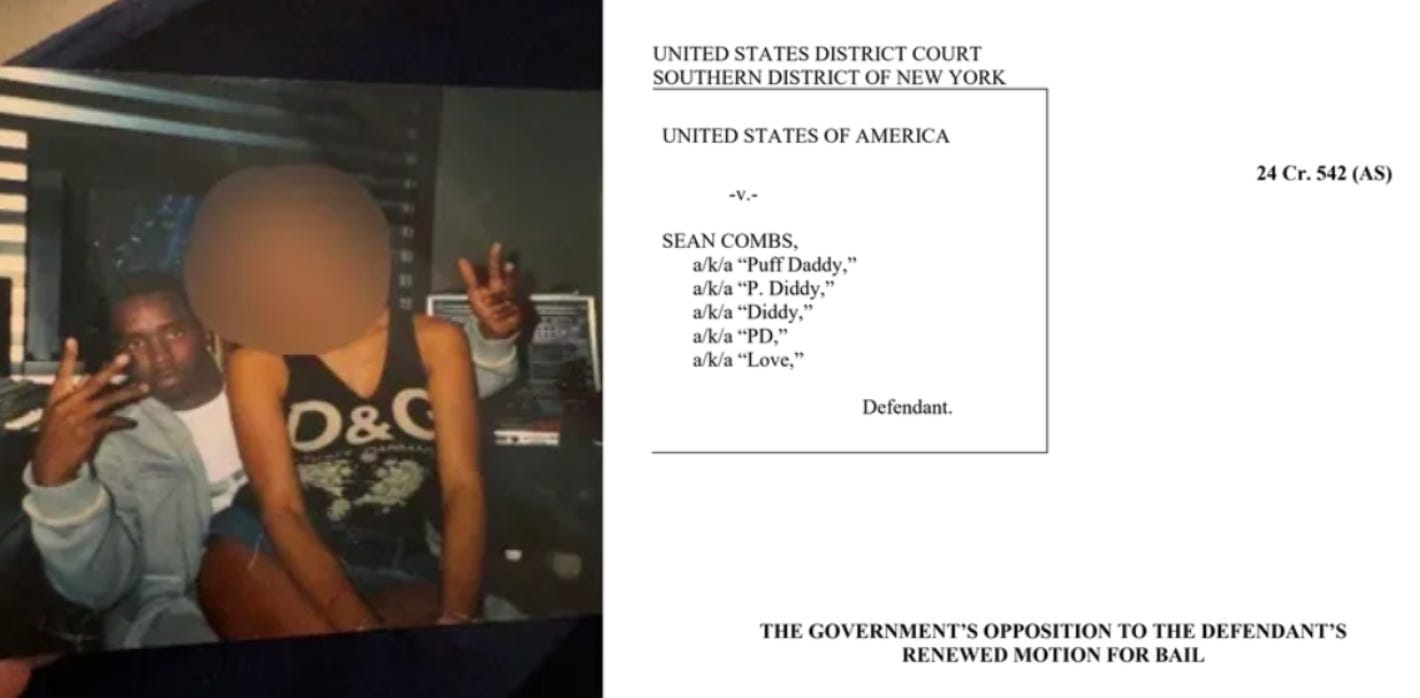Prosecutors say Sean 'Diddy' Combs is breaking jail rules to 'corruptly influence' testimony and potential jurors
A new filing says investigators found notes in the hip-hop mogul's jail cell that indicate he paid a witness to post a public statement on Instagram about a lawsuit last fall.

Federal prosecutors late Friday said Sean “Diddy” Combs has tried to evade law enforcement monitoring to “corruptly influence witness testimony” while jailed on sex trafficking and prostitution charges, including usin…


